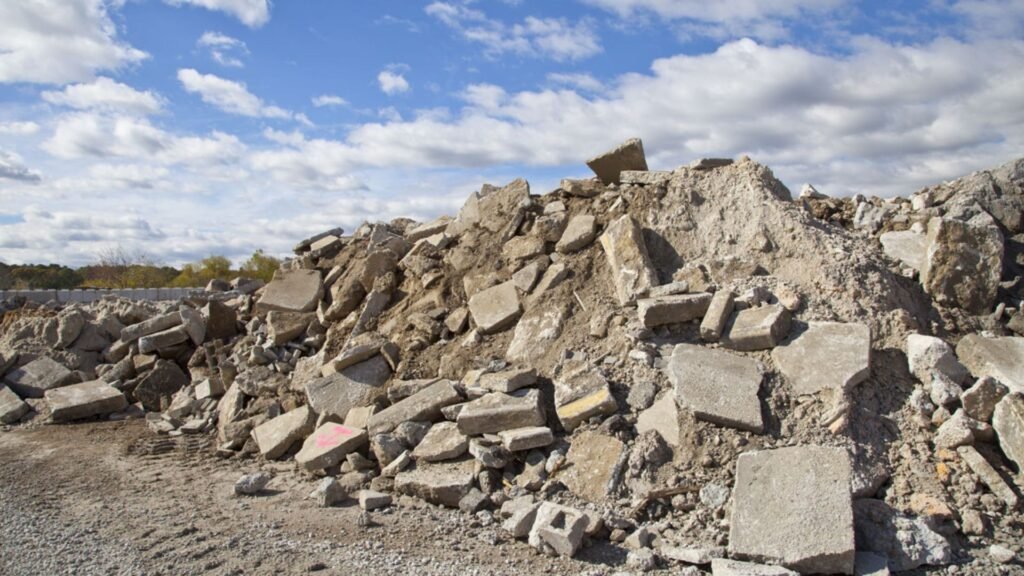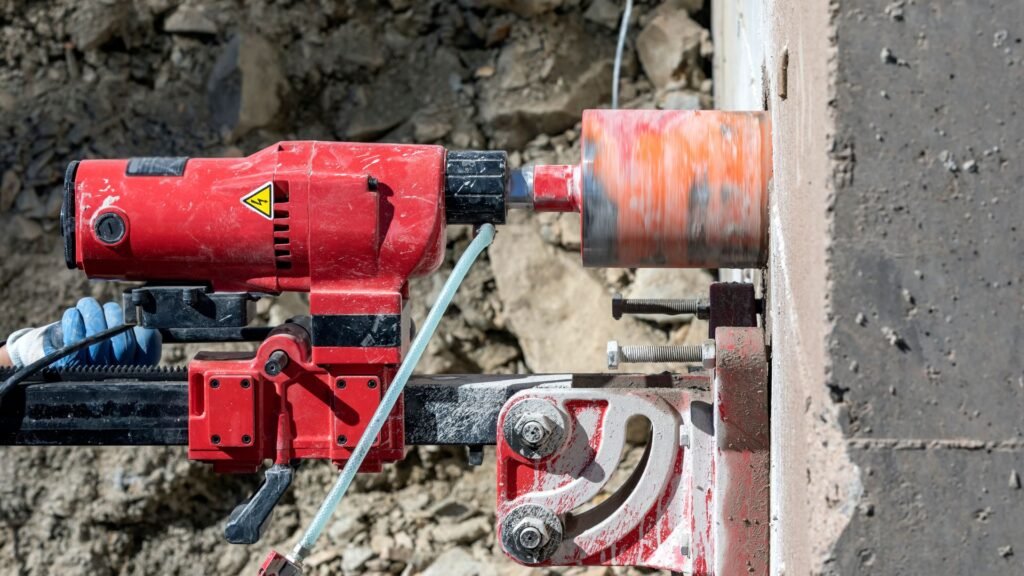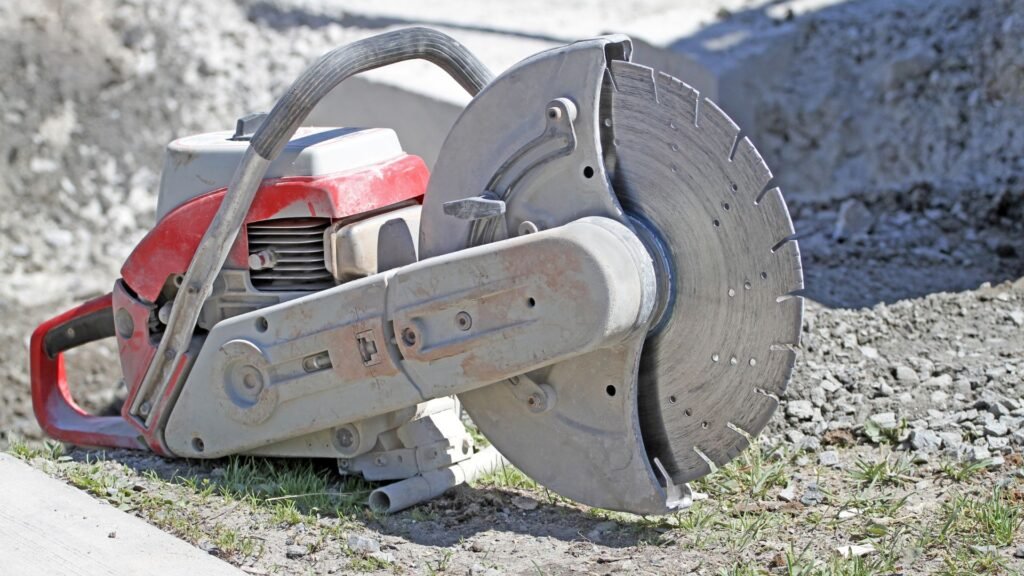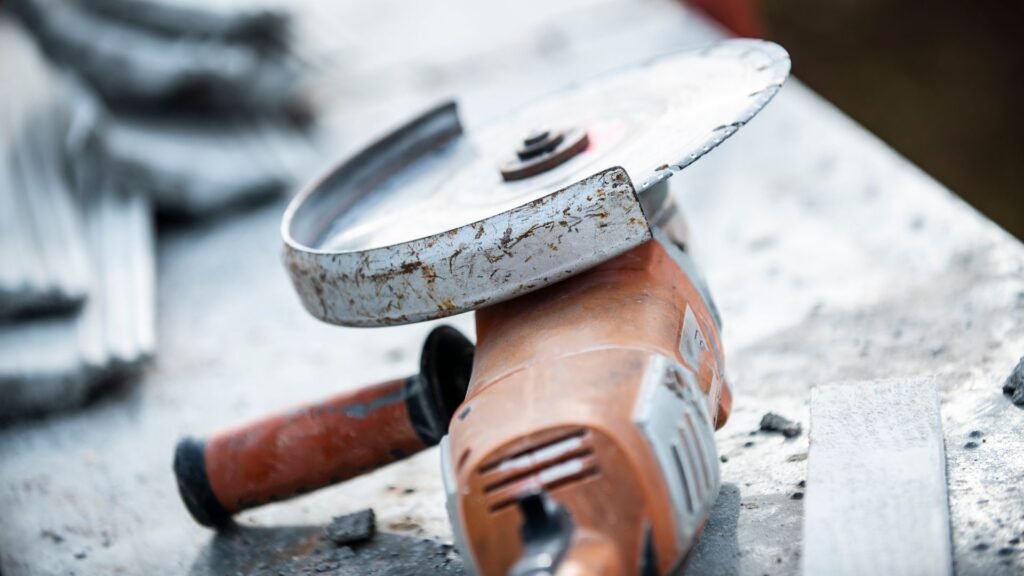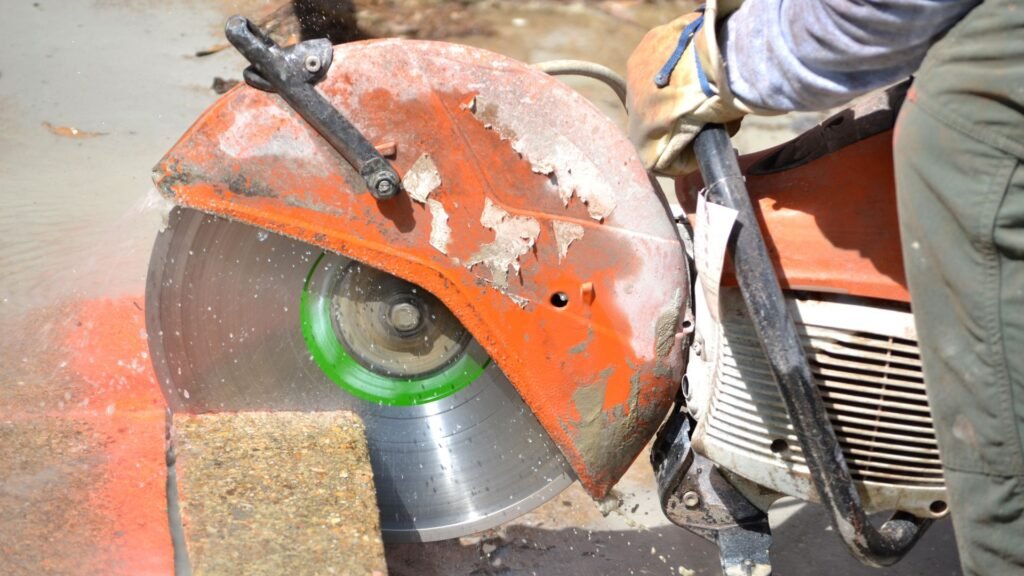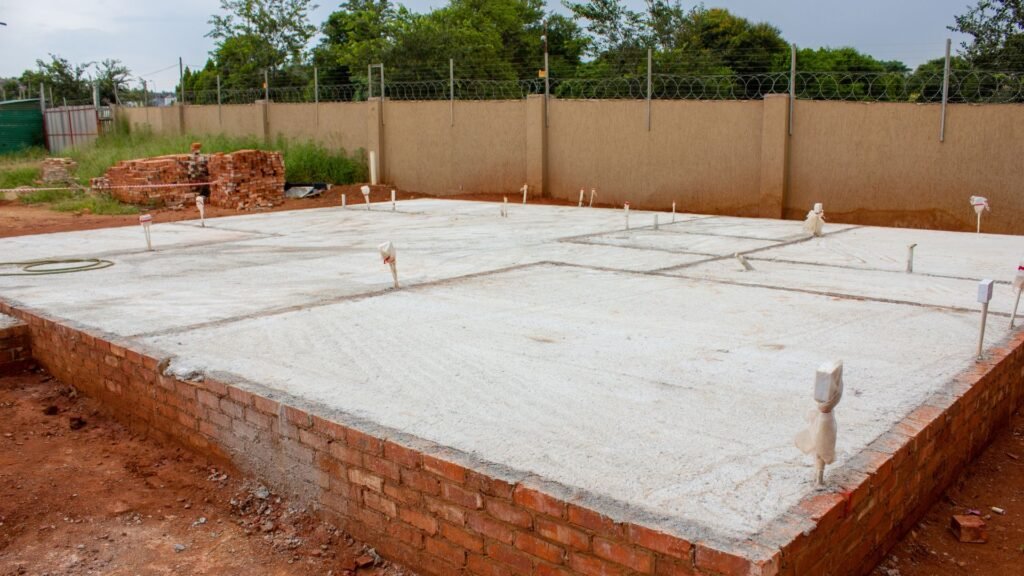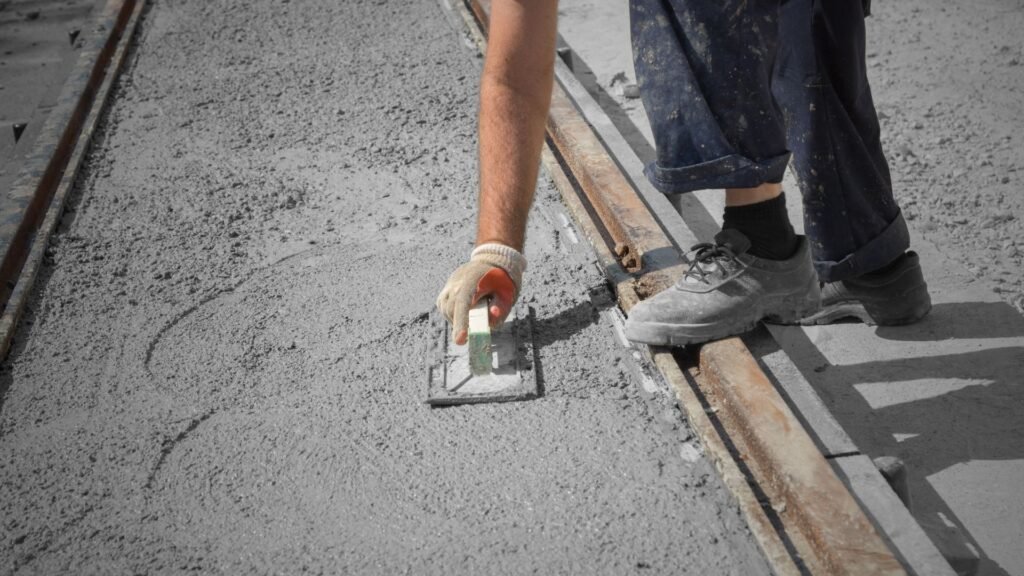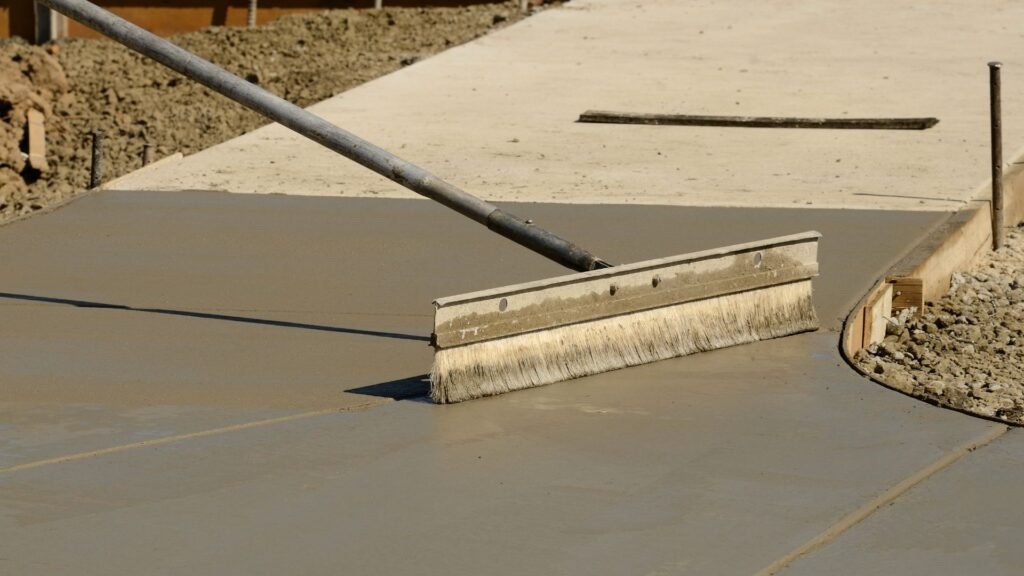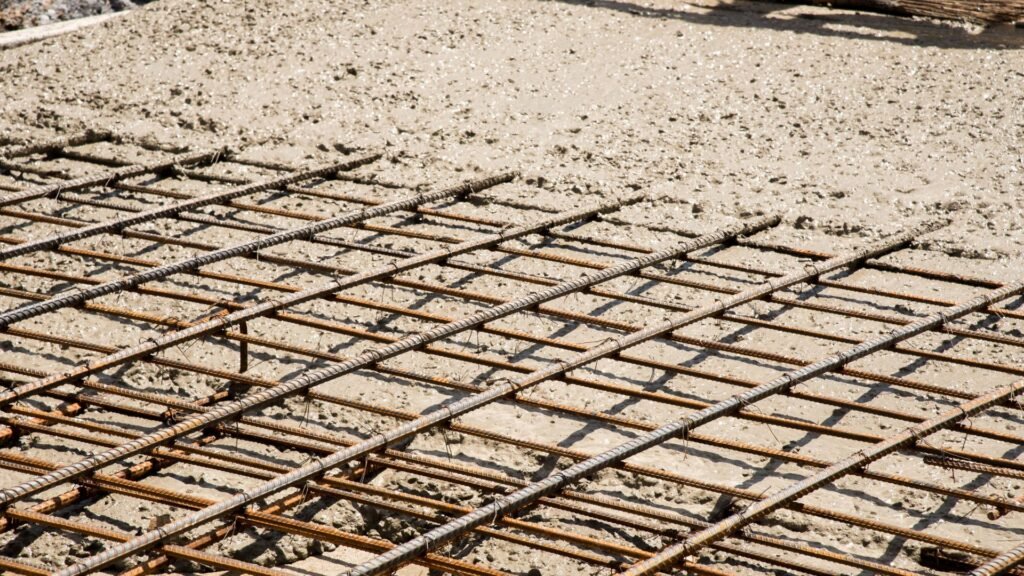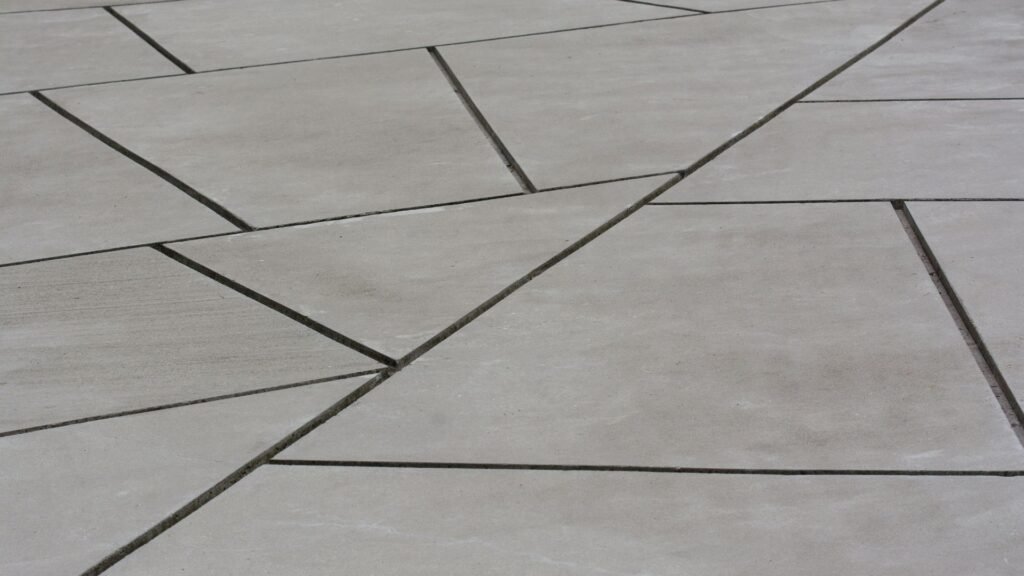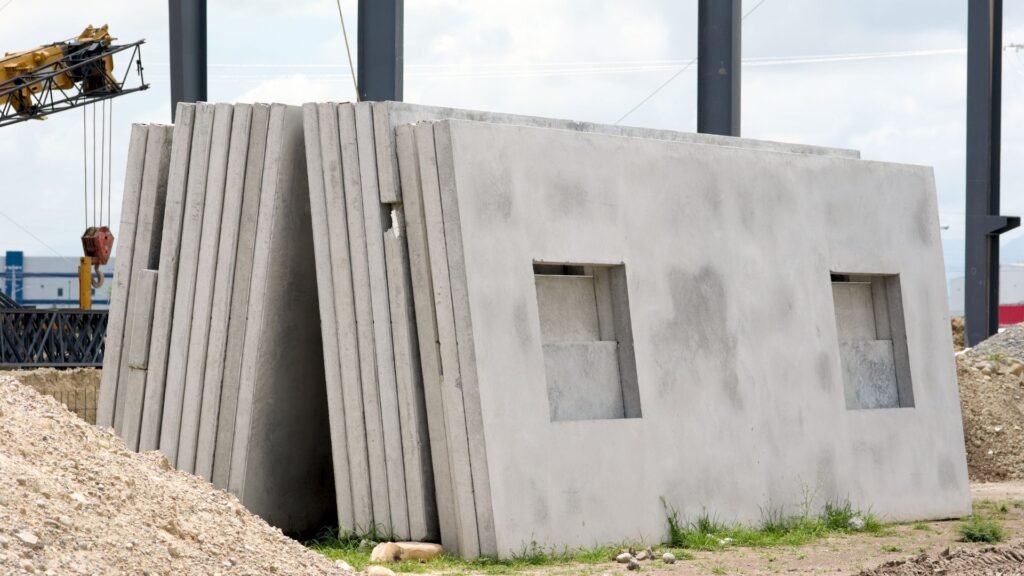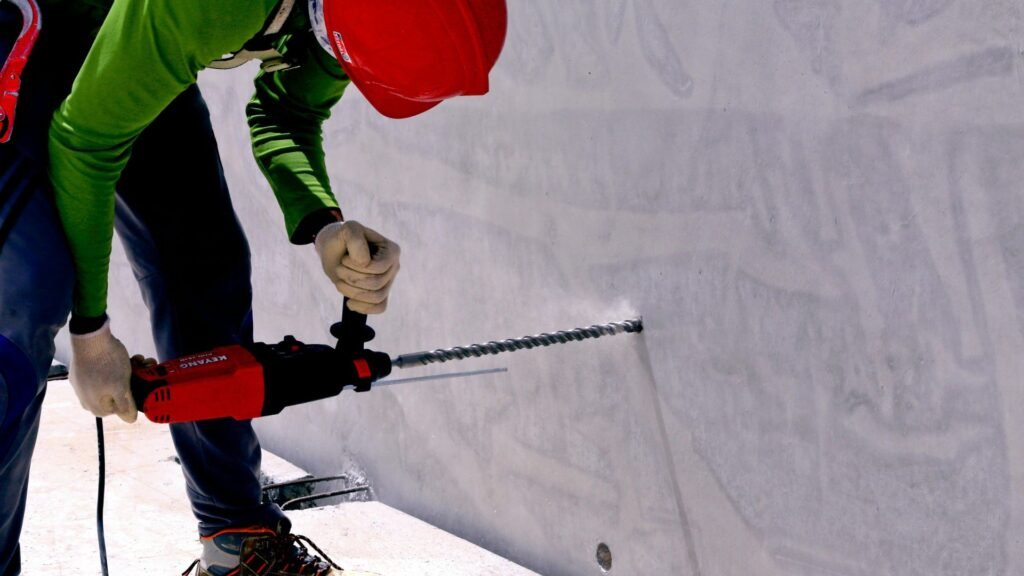Welcome to your go-to guide on concrete disposal cost in NZ, where we break down everything you need to know before you get rid of that heavy waste left behind from renovations, driveway replacements, or demolition projects. Concrete is not something you can simply toss out with the household rubbish, and with landfill pressures, recycling initiatives, and local council rules in play, understanding the costs involved is essential. In this article, we’ll explore how much it typically costs to dispose of concrete in New Zealand, what factors affect pricing, and the options available to homeowners and businesses alike. We’ll also cover smarter, more affordable alternatives like recycling and reusing concrete, so you can make a decision that’s easy on your wallet and kinder to the environment.
The cost to dispose of concrete in NZ usually ranges from $30 to $150 per tonne, depending on location, volume, and disposal method. Landfills often charge higher fees, while recycling facilities may offer cheaper and more eco-friendly options. Skip bin hire can cost $200–$350 per load, with weight limits applying. To save money, many people break concrete into smaller loads, transport it directly to recycling depots, or repurpose it for landscaping projects.
Table of Contents
Why Concrete Disposal Matters
Concrete disposal may not seem like a major concern at first, but it carries real consequences for the environment, local communities, and even your wallet. When demolition or renovation projects leave behind broken slabs, driveways, or building remains, the question of where that waste goes becomes more important than many people realize.
- Environmental impact of concrete waste: Disposing of concrete in the wrong way can have long-lasting effects on the environment. Concrete takes up significant space in landfills, and because it does not break down easily, it contributes to overcrowding. Excessive dumping can also increase carbon emissions from transport and landfill operations. Recycling, on the other hand, reduces the need for new raw materials and lowers the environmental footprint of construction projects.
- NZ landfill pressures and sustainability push: Landfills in New Zealand are under growing pressure as the country generates more construction and demolition waste every year. Space is limited, and disposal costs rise as capacity shrinks. At the same time, there is a strong push toward sustainability, with many councils and businesses encouraging recycling and reuse. Concrete is one of the heaviest materials to manage, so finding alternatives to landfilling is an important step in reducing overall waste volumes.
- Legal requirements: why you can’t just dump it anywhere: In New Zealand, there are strict rules against illegal dumping. Leaving concrete on private land, rural roadsides, or waterways is considered illegal and can result in fines. Homeowners and contractors are expected to follow local council regulations and use approved disposal or recycling facilities. These rules exist to protect the environment, maintain public spaces, and ensure waste is managed responsibly.
- How this makes disposal cost an important factor for homeowners and businesses: Because of landfill levies, recycling fees, and transport expenses, the cost of concrete disposal directly affects project budgets. Homeowners planning small renovations and businesses managing larger construction jobs both need to account for this cost. Choosing the right disposal method can mean the difference between overspending and staying within budget. At the same time, considering environmental and legal responsibilities ensures that disposal choices are both cost-effective and responsible.
Disposal might feel like an afterthought during a building project, but it plays a central role in protecting the environment, following the law, and controlling costs. By understanding why concrete disposal matters, you can make better decisions that balance price, sustainability, and compliance.
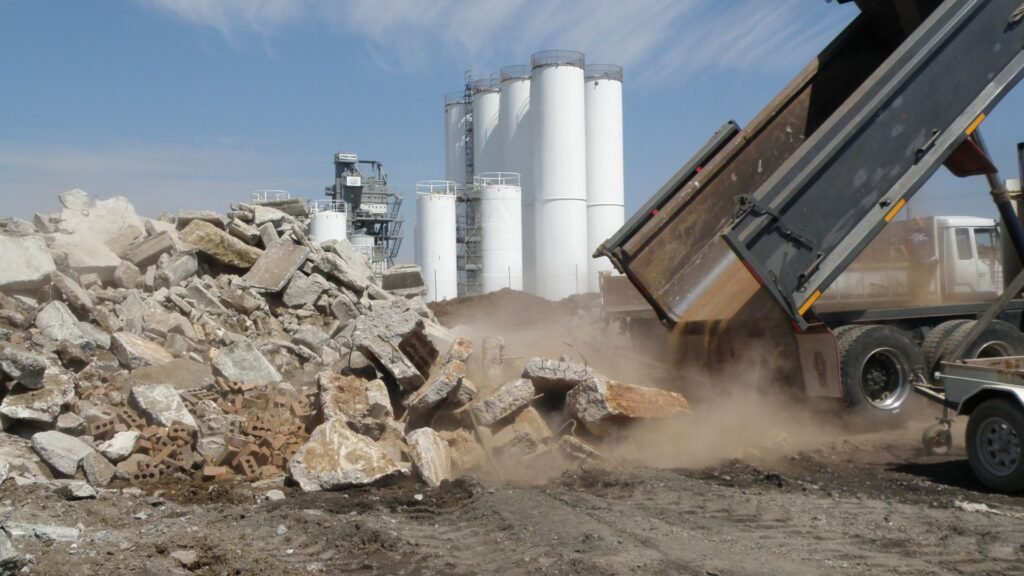
Concrete Disposal Cost In NZ – The Basics
In New Zealand, disposal costs can vary widely depending on where you live, how much material you have, and the method you choose. On average, the cost of concrete disposal ranges between $30 and $150 per tonne. Some facilities also calculate fees per cubic metre or per load, which means the way you transport the waste will affect the total bill. Skip bin hire is another common option, with prices often starting at around $200 and climbing up to $350 or more depending on the size of the bin and the weight of the concrete.
Location
Where you live plays a big role in determining cost. For example, Auckland and Wellington often have higher fees due to higher landfill levies and limited space. In smaller regional areas, disposal may be slightly cheaper, but transport costs can quickly add up if you need to drive longer distances to the nearest approved facility.
Disposal Method
The method you choose also influences the final price. Landfill disposal is convenient, but it usually costs more and is less environmentally friendly. Recycling facilities, on the other hand, may offer lower rates since the concrete is processed and reused as aggregate for roads or construction projects. Choosing recycling when available is often both cost-effective and sustainable.
Volume And Weight
Concrete is heavy, and both volume and weight matter when it comes to pricing. A small pile of broken-up patio slabs might fit into a single cubic metre and cost on the lower end of the scale. A full driveway demolition, on the other hand, could weigh several tonnes and push the price significantly higher. Many providers charge extra fees if weight limits are exceeded, so accurate estimation is important.
Transport And Delivery Charges
Transport is often an overlooked cost. If you hire a skip bin, the price usually includes delivery and collection, but extra fees can apply if you keep the bin longer than agreed. If you decide to haul concrete yourself to a facility, fuel costs, vehicle wear and tear, and time spent on the trip need to be factored into your budget.
Example Cost Breakdown
Let’s compare two scenarios. A small driveway demolition producing around one tonne of concrete might cost $100 to $150 if delivered directly to a recycling facility. For larger projects, like demolishing a full double driveway that produces four to five tonnes of waste, costs can easily exceed $500 once skip hire, transport, and disposal fees are included. The bigger the job, the more important it is to compare providers and consider recycling options to keep expenses under control.
Taking the time to understand these basics will help you plan more effectively and avoid unexpected costs. With careful planning and the right choice of disposal method, you can save money and manage your concrete waste responsibly.
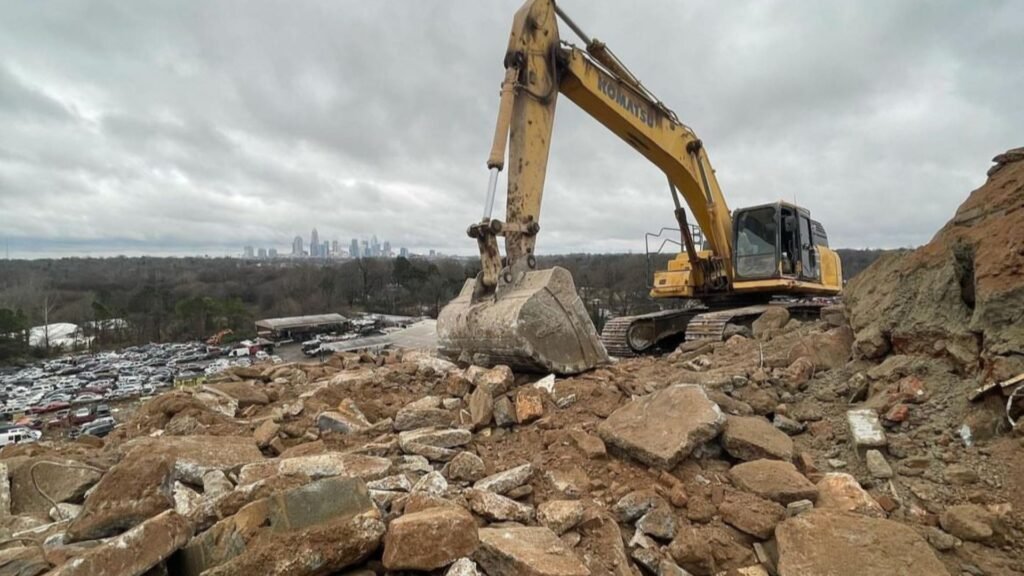
Main Disposal Options In NZ
When it comes to disposing of concrete in New Zealand, there are several options available to homeowners, contractors, and businesses. Each method has its own costs, accessibility, and level of environmental impact. Understanding these options helps you choose the most practical and cost-effective approach for your project.
Landfill
Landfills remain one of the most common ways to dispose of concrete in NZ. The typical fees are charged per tonne, usually falling between $30 and $150 depending on the region and facility. Accessibility is generally good across the country, with most urban centres having nearby landfill services. The main advantage of using landfills is convenience, especially if you need to clear large amounts of waste quickly. The downside is that landfills are not environmentally friendly, as concrete contributes to the growing pressure on New Zealand’s waste management system.
Concrete Recycling Facilities
Recycling facilities are increasingly popular in Auckland, Wellington, Christchurch, and other major cities. These facilities accept concrete waste, crush it, and process it into aggregate that can be reused in new construction projects. Costs are often lower compared to landfill fees, making recycling a cost-effective choice for many. The biggest benefit is the environmental advantage: recycling prevents waste from ending up in landfills and supports sustainable building practices. For those living near recycling depots, this option can be both practical and affordable.
Skip Bin Hire
Skip bin hire is another common choice for concrete disposal, particularly for home renovations and small-scale demolition projects. Typical hire costs in NZ range from $200 to $350 per load, depending on the size of the bin and the provider. When booking, it’s important to check weight limits, as concrete is extremely heavy, and exceeding the limit can result in extra charges. You should also confirm delivery fees, rental periods, and whether the company separates concrete from other waste types. This option is convenient, as the provider handles both delivery and disposal.
Council Services
Some councils in New Zealand provide services for concrete disposal, either through local collection events or designated drop-off points. Fees and restrictions vary between councils, and not all regions accept concrete waste. Often, there are volume limits, and commercial loads may be excluded. While these services can be a low-cost option, availability is limited and usually best suited for small amounts of waste rather than full demolition jobs.
Choosing the right disposal method depends on the amount of concrete you have, your budget, and your location. Whether you opt for a landfill, recycling facility, skip bin hire, or council service, knowing the pros and cons of each option ensures you handle your waste responsibly and cost-effectively.
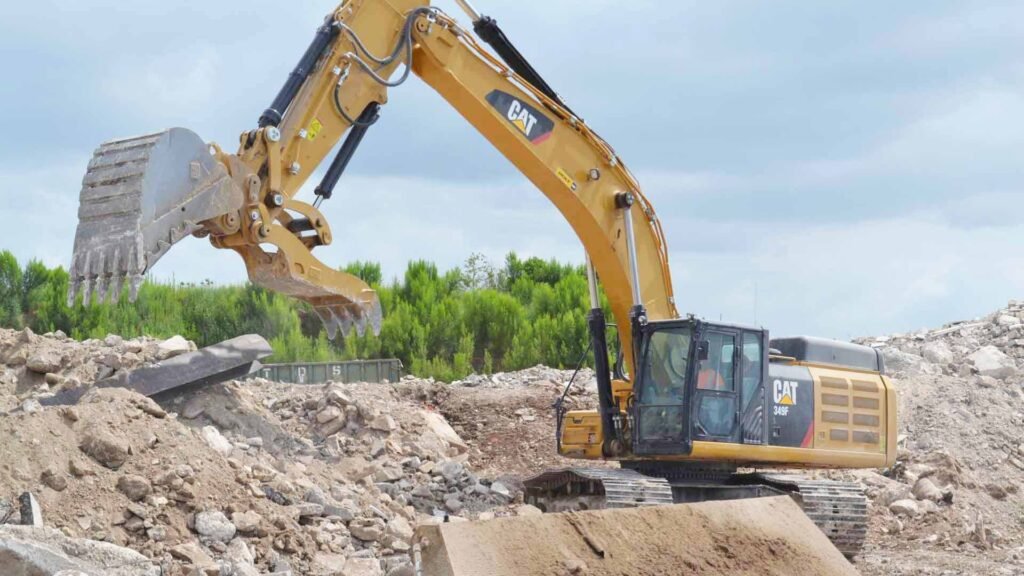
Ways To Reduce Concrete Disposal Costs
Managing concrete waste in New Zealand can become expensive, especially for large renovation or demolition projects. The good news is that there are several practical ways to cut costs without sacrificing convenience or responsibility. By planning ahead and considering these options, you can keep your budget under control while ensuring the waste is handled properly.
DIY Transport To Recycling Depots
One of the most effective ways to save money is to take the concrete directly to a recycling facility yourself. Recycling depots usually charge lower fees compared to landfill sites, and by handling the transport, you eliminate extra service charges from contractors or skip bin companies. This method works best for smaller projects or when you have access to a trailer or truck. It also ensures the concrete is recycled into new aggregate instead of ending up in a landfill.
Breaking Concrete Into Smaller Loads
Concrete is heavy, and most disposal services charge based on weight or volume. Breaking large slabs into smaller pieces makes it easier to load and transport while also preventing overloading fees. Smaller loads are simpler to manage, and if you are hiring a skip bin, this step helps you stay within the provider’s weight limits. For DIY disposal, manageable chunks mean fewer risks when moving the material.
Combining Disposal With Neighbours Or Contractors To Split Costs
If your neighbours are also renovating or you are working with a contractor, you may be able to share disposal services. For example, hiring a larger skip bin and splitting the cost is often cheaper than booking separate bins. Contractors may also have regular disposal arrangements that allow them to add your waste to a larger load, reducing the overall cost. This cooperative approach not only saves money but also cuts down on transport emissions.
Selling Or Giving Away Reusable Concrete Via Trade Me Or Facebook Marketplace
Not all concrete needs to be thrown away. Many people in New Zealand look for free or low-cost concrete for landscaping, DIY projects, or farm use. Platforms like Trade Me and Facebook Marketplace make it easy to connect with these buyers. If your concrete is in good condition, you may even earn some money from selling it, but even giving it away for free saves you disposal fees and transport costs.
Hiring Local Contractors Who Include Disposal In Their Quote
Some local contractors offer all-in-one services that cover demolition, removal, and disposal. While the upfront quote may seem higher, these packages often work out cheaper than handling everything separately. Contractors usually know the most cost-effective disposal options in your area and may benefit from trade discounts. Always ask for a detailed breakdown so you understand exactly what is covered.
Cutting down concrete disposal costs in NZ is possible if you think creatively and plan ahead. From recycling at depots and breaking concrete into smaller pieces, to sharing costs with others or even finding someone who wants your old slabs, each option can make a noticeable difference. By taking advantage of these strategies, you’ll save money while also reducing waste and supporting more sustainable disposal practices.
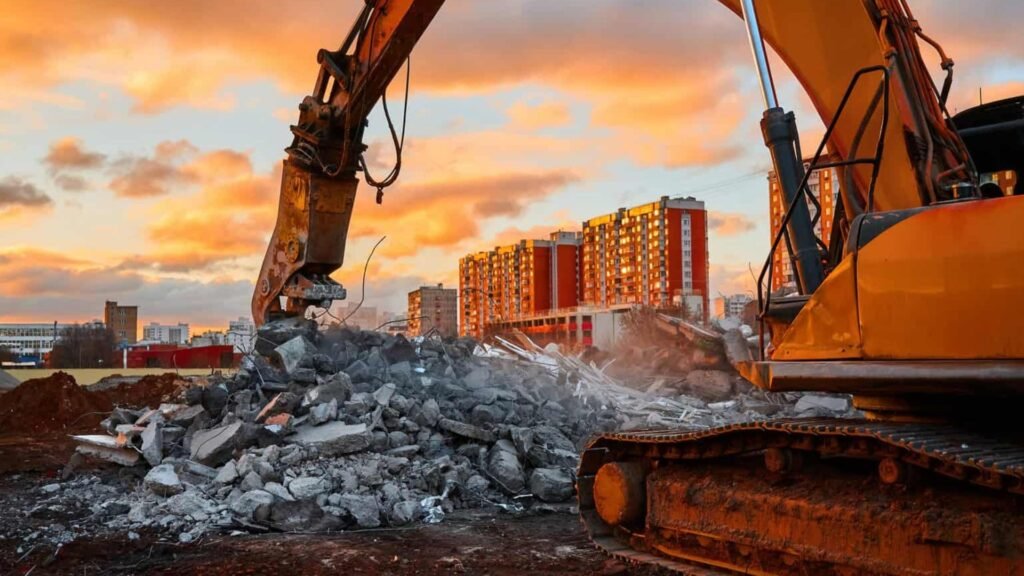
Smarter Alternatives To Dumping Concrete
When it comes to handling concrete waste, many people assume that landfills or skip bins are the only options. The truth is, there are smarter, more cost-effective alternatives available in New Zealand. By reusing, donating, or recycling concrete, you not only reduce disposal costs but also help limit the environmental burden caused by excess construction waste.
Reuse On-Site: Garden Edging, Fill, Landscaping Projects
One of the most practical ways to deal with leftover concrete is to reuse it directly on your property. Broken concrete slabs can be cut or shaped into garden edging, which gives a rustic but functional border around flower beds or pathways. Larger chunks can serve as fill for uneven ground or as a solid base for driveways and patios. In landscaping, crushed concrete can be used to create decorative rock features or even form retaining walls. By finding creative uses on-site, you avoid disposal fees while adding value to your home or garden.
Donation: Local Community Projects Or Farms
If you have more concrete than you can reuse, consider donating it. Community projects, schools, and sports clubs often need materials for pathways, carparks, or foundations. Farmers also use broken concrete for track maintenance or to reinforce access roads. Donating saves you from paying for disposal while helping local initiatives stretch their budgets. Posting on platforms like Trade Me or community Facebook groups is a simple way to connect with people who could use your leftover concrete.
Recycling Into New Aggregate: Increasingly Common In NZ
Recycling is quickly becoming the preferred method of concrete disposal in New Zealand. Specialized recycling facilities crush old concrete into small pieces, creating recycled aggregate. This material is then reused in new road construction, foundations, and commercial building projects. Recycling not only keeps concrete out of landfills but also reduces the demand for freshly quarried stone. Many facilities in Auckland, Wellington, and Christchurch now accept concrete waste at a lower cost than landfill, making it both affordable and environmentally friendly.
Why These Options Save Money And Reduce Environmental Impact
Choosing to reuse, donate, or recycle concrete can cut disposal costs significantly. Instead of paying landfill fees or skip bin surcharges, you can either avoid costs altogether or pay reduced recycling charges. Beyond financial savings, these alternatives play a role in sustainability. Every tonne of concrete reused or recycled reduces greenhouse gas emissions linked to quarrying, transport, and landfill management. It’s a simple decision that benefits your wallet and the wider community.
Exploring smarter alternatives to dumping concrete is a win-win for homeowners and businesses across New Zealand. By reusing, donating, or recycling, you keep costs down while supporting sustainable practices that benefit the environment and local communities.
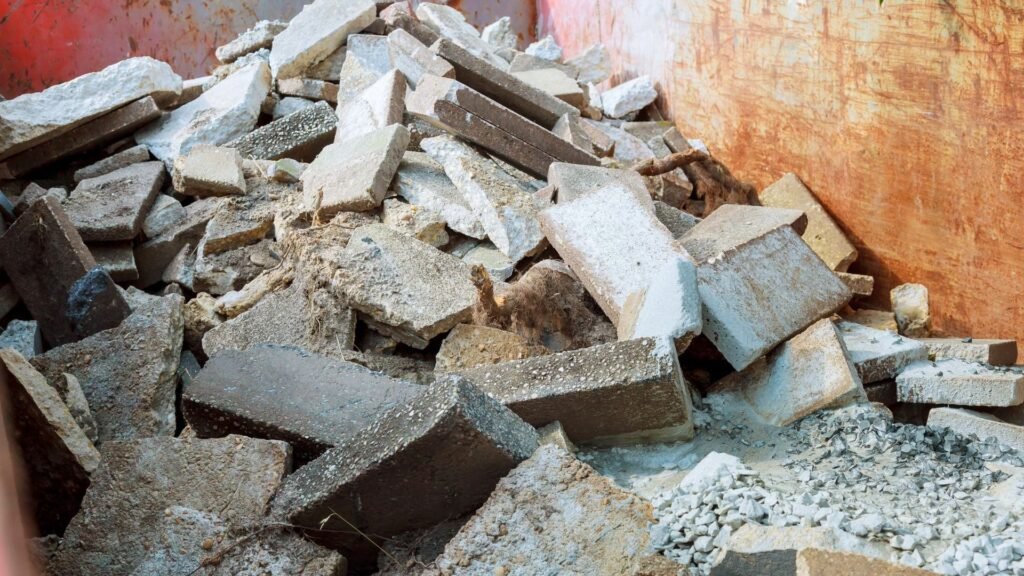
Tips For Choosing The Right Disposal Option
When it comes to managing concrete waste in New Zealand, choosing the right disposal option can save you both time and money while ensuring you stay compliant with local regulations. With several choices available—ranging from landfills to recycling facilities and skip bin hire—it pays to evaluate your options carefully before making a decision.
- Compare quotes from multiple providers: Concrete disposal costs vary across regions and service providers. By requesting quotes from at least two or three companies, you can spot major price differences and identify which option offers the best value. Be sure to compare like-for-like services, such as whether delivery, pickup, or landfill fees are included in the quoted price.
- Ask about weight limits and hidden fees: Many skip bin companies in NZ have strict weight restrictions, especially for heavy waste like concrete. Exceeding these limits often leads to extra charges. Clarify the maximum load allowed and ask about potential add-ons such as fuel surcharges, extended hire fees, or tipping costs. This prevents unexpected bills after the job is complete.
- Consider convenience vs. savings: Hiring a skip bin is highly convenient because it saves you multiple trips to a recycling or landfill site. On the other hand, hauling the concrete yourself can be cheaper if you have access to a trailer and a nearby disposal facility. Weigh the cost of your time, fuel, and effort against the ease of having a bin delivered and collected.
- Check if recycling is available nearby: Recycling concrete is often less expensive than dumping it at a landfill, and it helps reduce environmental impact. Some regions in New Zealand have dedicated recycling depots that accept concrete waste and repurpose it into aggregate for construction. If there’s a facility close to you, this option may be both cost-effective and eco-friendly.
- Factor in both time and money: The cheapest disposal method is not always the most practical. For example, a self-haul trip may save on tipping fees but could take hours of your time, especially if you need multiple runs. Consider the full picture, including labour, transport, and opportunity cost, before deciding on the best method.
A thoughtful approach to choosing a disposal option will help you stay within budget, avoid unnecessary stress, and make sure your concrete waste is handled responsibly.
Ready to take the hassle out of concrete disposal? Discover affordable solutions and expert help by visiting our homepage today.
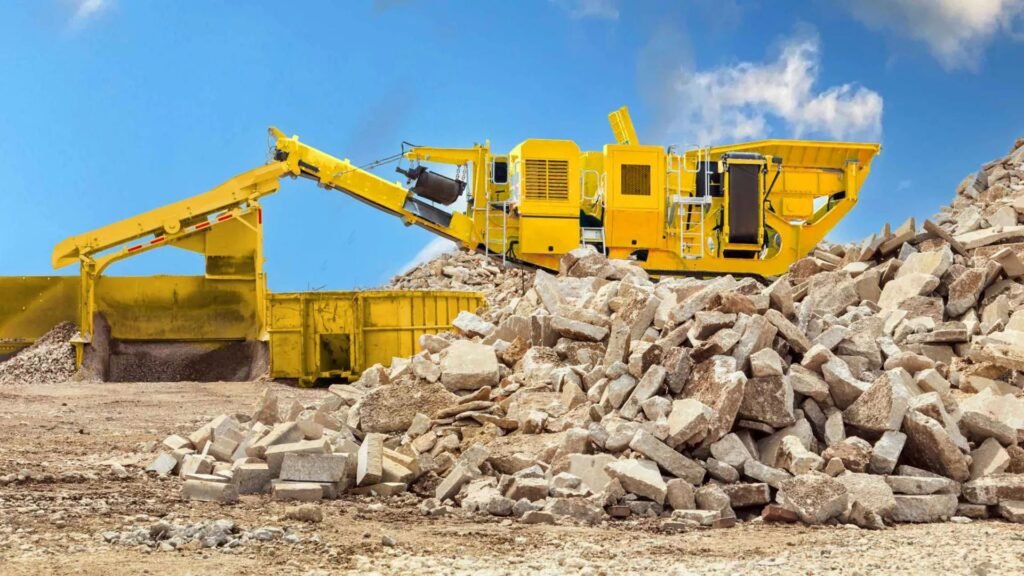
FAQs: About Concrete Disposal Cost In NZ
How much does it cost to dispose of concrete in NZ?
Concrete disposal in New Zealand typically costs between $30 and $150 per tonne, depending on location, disposal method, and the volume of waste. Skip bin hire may range from $200 to $350 per load.
Is it cheaper to recycle concrete instead of dumping it at a landfill?
Yes. Recycling concrete is often more affordable than sending it to landfills because recycling facilities can process and resell crushed concrete as aggregate. Recycling also reduces landfill fees and is better for the environment.
Can I dispose of concrete through my local council in NZ?
Some councils provide limited services for concrete disposal, but not all accept construction waste. You’ll need to check your local council’s website for drop-off points, accepted volumes, and fees.
What factors affect the cost of concrete disposal in NZ?
Costs vary based on weight, transport distance, type of facility, landfill levies, and whether you use a skip bin or deliver it yourself. Urban areas like Auckland often have higher fees than smaller regions.
Can concrete go into a general skip bin?
Not always. Many skip bin providers have separate bins or rules for heavy materials like concrete, brick, or soil. Overloading a general skip with concrete can lead to extra fees or rejection of the load.
Are there ways to save money on concrete disposal?
Yes. Break concrete into smaller pieces to reduce bin size, share disposal costs with neighbours, deliver it yourself to recycling facilities, or repurpose concrete for landscaping projects.
Can I reuse old concrete instead of paying for disposal?
Absolutely. Old concrete can be reused as garden edging, driveway fill, or landscaping material. Larger pieces can even be given away or sold online to people looking for building or DIY materials.
What happens to concrete that is recycled in NZ?
Recycled concrete is crushed into smaller pieces and reused as base material for roads, driveways, and construction projects. This reduces the need for new raw materials and lowers environmental impact.
Do disposal costs differ between North Island and South Island?
Yes. Costs vary by region because of transport fees, landfill charges, and the availability of recycling facilities. For example, Auckland may have higher skip bin costs than smaller towns due to higher demand and landfill levies.
Can I legally dump concrete on private or public land in NZ?
No. Dumping concrete without permission is considered illegal dumping and can result in fines. Always dispose of concrete through licensed facilities, skip hire companies, or council-approved services.
Conclusion
Concrete disposal cost in NZ depends largely on three key factors: the total weight of the waste, the location where it is being disposed of, and the method you choose for removal. Whether you are handling a small residential job or a large commercial project, these elements will directly influence the price you pay. Recycling concrete often proves to be the smarter option, not only because it can be more affordable than sending material to a landfill, but also because it supports sustainability by giving old concrete a second life as aggregate or fill for new projects. By comparing local providers, checking for nearby recycling facilities, and planning disposal early in your renovation or demolition project, you can save money and reduce unnecessary waste. Taking these steps ensures a smoother process and a more environmentally responsible outcome.

